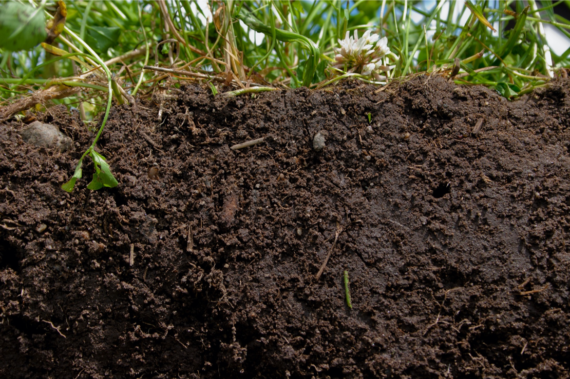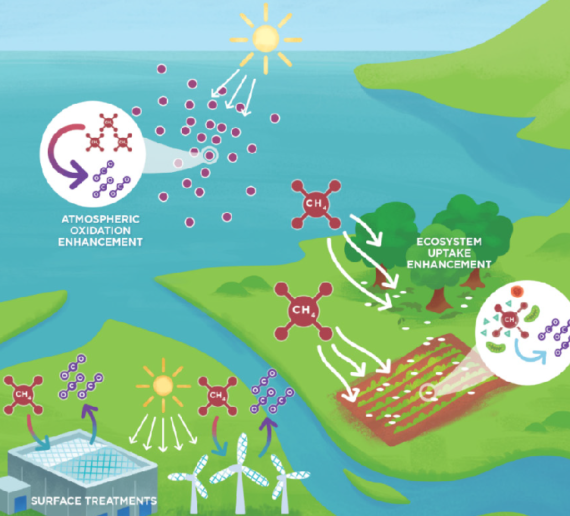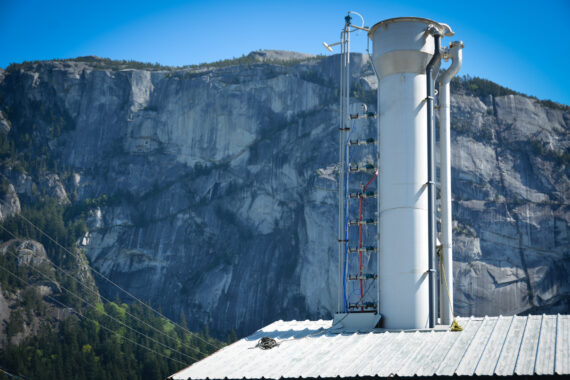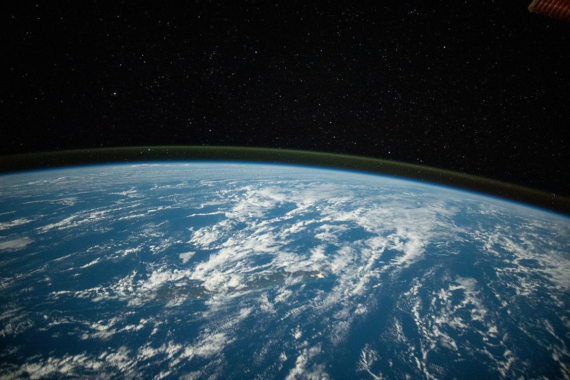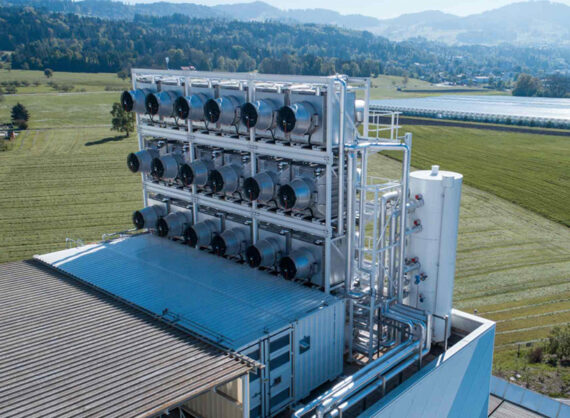The Sabin Center published a report that explores the international and U.S. laws governing atmospheric methane removal (“AMR”) via soil amendments. AMR refers to human interventions to accelerate the conversion of methane in the atmosphere to a form that causes less warming (e.g., converting it to carbon dioxide). Scientists have […]
Negative Emissions
The Sixth Assessment Report of the Intergovernmental Panel on Climate Change underscores the need for carbon dioxide removal (“CDR”) to complement emissions reductions in meeting global climate targets. Ocean-based CDR strategies, which aim to increase the ocean’s natural carbon sink capacity, are gaining attention. One such strategy, ocean alkalinity […]
Last month, the National Academies of Sciences, Engineering, and Medicine (NASEM) released a report on a relatively new field of research – atmospheric methane removal. Addressing methane is critically important in addressing climate change – methane is the second largest contributor to human-driven warming after carbon dioxide. Although the concentration of […]
The next week has the potential to bring important developments for international governance of marine carbon dioxide removal (CDR). That’s because the parties to the London Convention and London Protocol are meeting from October 28 to November 1 in London to discuss, among other things, governance of ocean alkalinity enhancement […]
Geologic carbon sequestration—i.e., the storage of carbon dioxide in underground rock formations—has been the subject of much debate in recent years. Many see it as an important tool for combatting climate change. It is, after all, a necessary component of point-source carbon capture and storage (“CCS”) systems that seek […]
A highly potent greenhouse gas, methane makes a significant contribution to climate change, but has historically received relatively little attention in climate mitigation discussions. That is now beginning to change. In addition to investigating new ways to control methane emissions, scientists are also researching the possibility of removing methane already […]
On May 21, 2024, the International Tribunal for the Law of the Sea (ITLOS) released its long-awaited advisory opinion on climate change. The opinion was requested in 2022 by the Commission of Small Island States on Climate Change and International Law, which asked ITLOS to opine on States’ obligations to […]
In February, the European Commission published its highly anticipated industrial carbon management strategy. The document outlines the Commission’s plans to build an EU-wide carbon management infrastructure as part of its efforts to decarbonize the industrial sector and achieve negative emissions. This blog post discusses these plans by (i) looking at […]

